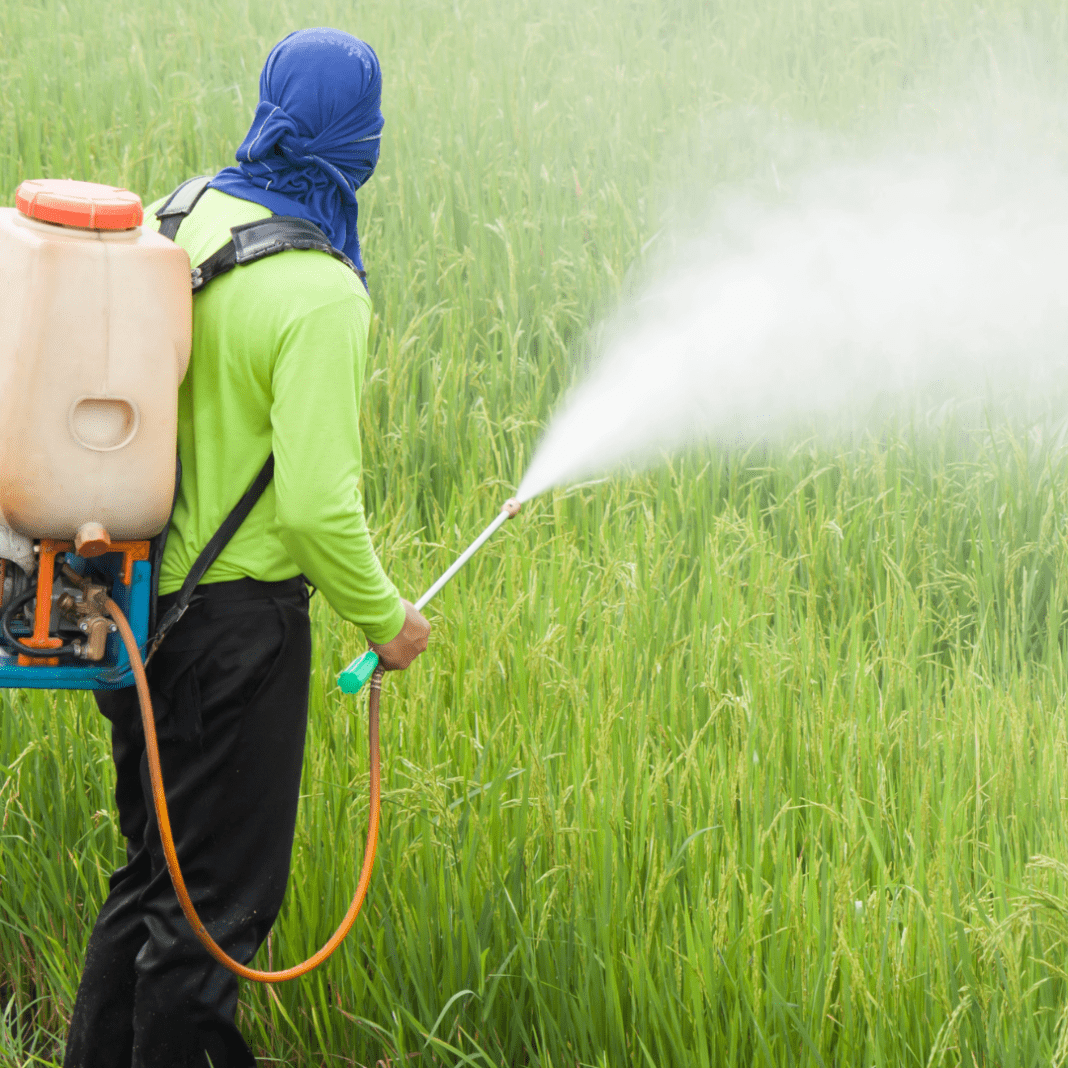What Are Pesticides, and Why Are They Used?
Pesticides are chemicals used by farmers to protect their crops. These substances help fight off insects, weeds, and diseases that can damage plants. There are many types of pesticides. Some kill bugs (insecticides), some kill weeds (herbicides), and others stop mould and fungus (fungicides).
Farmers use pesticides to grow more food and keep it safe from pests. This is especially important in intensive farming, where lots of crops are grown in a small space. But while pesticides can help crops, they can also hurt animals and insects that were never meant to be affected. These are called “non-target species”—living creatures that don’t harm crops but end up suffering from pesticide use.
A Butterfly in Danger
A recent study from Finland focused on a butterfly called the Glanville fritillary. This butterfly is common in farming areas. The study looked at how two common pesticides—a fungicide and a herbicide—affected the butterfly when it was still a caterpillar (larva).
The scientists tested what would happen if the caterpillars were exposed to these chemicals for a short time. Even this short exposure had serious effects. The fungicide, in particular, caused more of the caterpillars to die. Those that survived grew more slowly than usual. Their development was delayed, meaning they took longer to become butterflies.
The herbicide alone didn’t cause as much harm, but when it was mixed with the fungicide, the results were surprising. The mixture actually made the fungicide a little less harmful in terms of larval growth. However, this mix still wasn’t good for the butterflies. Even if the caterpillars managed to grow into adults, their ability to reproduce was worse than normal. That means they had fewer offspring, and this could lower butterfly populations over time.
What’s Happening in Our Environment?
Pesticides are used in many places around the world, especially in areas where farming is done on a large scale. And while the law requires new pesticides to be tested in labs before they can be sold, there’s still a lot we don’t know about how they behave once they’re out in the real world.
Climate Crisis and Global Response September 2024
Hidden Threats of Pesticides to Wildlife
One of the biggest problems is that pesticide leftovers—called residues—stay in the environment. These residues can end up in the soil, in plants, in animals, and even in water. Some residues are checked in food and water, but there’s no regular system to check how much of these chemicals are actually out in forests, fields, or meadows.
And even though we might be able to see how pesticides affect pests, we often don’t see what happens to animals and insects that live nearby. Different pesticides affect animals in different ways. One might harm butterflies, another might be dangerous for birds, and a third might hurt frogs or bees. This makes it really hard to understand how serious the problem really is.
Climate Change Triggers Unprecedented Coral Bleaching Impacting Oceans
Researchers believe that the laws should do a better job of protecting land animals, not just focusing on keeping rivers and lakes safe. Right now, we don’t really know how many wild animals are being exposed to pesticides or what the long-term effects might be.
Pesticides play a big role in growing our food, but they can also be a quiet threat to nature. Animals like butterflies, bees, and birds, which help keep ecosystems healthy, may be paying the price for our farming choices. Understanding the full effects of pesticides on the environment is still a work in progress, but recent studies show that even short exposure to these chemicals can have serious consequences for wildlife.





